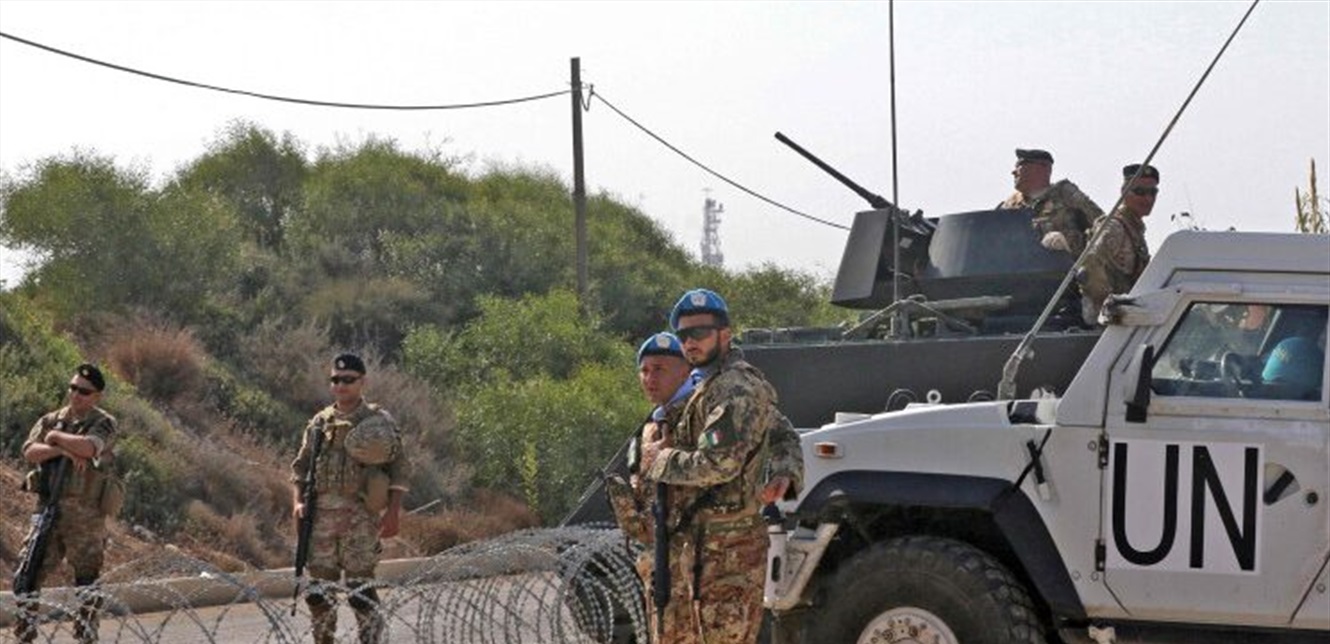The two issues are closely related to the results that will emerge from the Israeli war on Gaza, as Israel’s sinking into the burning sands of Gaza and its inability to eliminate Hamas, even if it persists in excessive destructive operations, would, according to a prominent political source, distort the course of developments in a more direct direction. Complexity for Israel and America.
In any case, the issues of the two-state solution and Resolution 1701 face serious obstacles and complications, as the first issue faces an Israeli obstacle and a Palestinian obstacle. The basic political components of the enemy entity reject the two-state solution, and overcoming this obstacle requires a structural shift in the composition of the Knesset and the formation of the next Israeli government. Note that this issue is the focus of interest in American studies centers and decision-making centers in American circles, and Israeli voices with political weight have begun to indicate that what comes after October 7 is not what came before it, and that Israeli public opinion has become susceptible to such transformations. As for the Palestinian side, Hamas and other forces that fall within the framework of the Palestinian resistance have launched a set of positions through which they express their initial willingness to accept a Palestinian state within the framework of the two-state solution, but within the framework of a comprehensive commitment to international resolutions that stipulate that they be given their state in the entire West Bank, the Gaza Strip, and East Jerusalem, and this is what It seems impossible from the perspective of the Israeli positions and settlement policies that have swallowed up the largest part of these lands. In the outcome of this issue, it can be said that launching the path of a two-state solution is one thing and achieving tangible results is another thing.
As for the line of Resolution 1701 and the problem of the borders between Lebanon and the Israeli enemy, the resolution that was issued in 2006, and was partially implemented, stopped hostilities but did not move to a permanent ceasefire, and the resolution that stipulated making international efforts to address the Shebaa Farms and Hills Kfarshouba did not launch any actual initiatives to move this issue forward. Here, the same source says that the transition to a permanent ceasefire requires the establishment of a demilitarized zone, and that addressing the problem of the Shebaa Farms and Kfar Shuba Hills requires a complete Israeli withdrawal from these areas and addressing the 13 outstanding reservation points between Lebanon and the Israeli entity.
This path up to the moment collides, according to the same source, with the ambiguity of the Israeli position in terms of readiness to withdraw from the Shebaa Farms and Kfar Shuba Hills and full respect for Lebanese sovereignty, and with the ambiguity of Hezbollah’s position in terms of agreeing to a demilitarized zone.
There is no doubt that this path is complicated, and that the matter requires an understanding between the government, Hezbollah, and the other components so that this file does not turn into a dangerous divisive file that further complicates the Lebanese situation. The unity of the Lebanese position, similar to what happened in the maritime demarcation negotiations, seems necessary for the strength of the Lebanese position in the face of external pressures.
The active French movement expressed by the visits of French presidential envoy Jean-Yves Le Drian and French intelligence director Bernard Emier indicates, as the same political source says, the seriousness and speed of developments awaiting Lebanon and the region, which have become an input into French policies to accelerate the completion of internal entitlements such as the extension of… To the Army Commander, General Joseph Aoun, and to encourage the election of a President of the Republic.
2023-12-08 10:02:32
#Implementing #1701.. #collides #ambiguity #positions #Israel #Hezbollah


